The race to buy a British institution
Shares in the London Stock Exchange have jumped to a record high, as foreign exchanges race for ownership of one of the City’s oldest institutions.
Get the latest financial news, insights and expert analysis from our award-winning MoneyWeek team, to help you understand what really matters when it comes to your finances.
You are now subscribed
Your newsletter sign-up was successful
Want to add more newsletters?

Twice daily
MoneyWeek
Get the latest financial news, insights and expert analysis from our award-winning MoneyWeek team, to help you understand what really matters when it comes to your finances.

Four times a week
Look After My Bills
Sign up to our free money-saving newsletter, filled with the latest news and expert advice to help you find the best tips and deals for managing your bills. Start saving today!
Shares in the London Stock Exchange have jumped to a record high, as foreign exchanges race for ownership of one of the City's oldest institutions. The LSE and Germany's Deutsche Brse announced merger talks in February, with the potential for creating Europe's largest stock-exchange owner, worth more than £20bn ($28bn).
A merger would combine the LSE's share-trading business with Frankfurt-based Deutsche Brse, which is bigger in derivatives, but the deal is being hotly contested by rivals in America. Atlanta-based ICE, which owns the New York Stock Exchange, has said it is considering a rival bid, sending shares in the LSE to an all-time high on Thursday. The Chicago Mercantile Exchange is also being advised on an offer, according to Bloomberg.
Exchanges have increasingly fought to swallow one another, as the sector grapples with new trading platforms, including so-called "dark pools", where traders can deal anonymously.ICE paid $10bn for the New York Stock Exchange in 2013 and $5bn for a data company last year. Its fiercely competitive founder, Jeffrey Sprecher, has also previously launched failed bids for the Chicago Board of Trade and the London Metal Exchange, in deals totalling more than $23bn.
MoneyWeek
Subscribe to MoneyWeek today and get your first six magazine issues absolutely FREE

Sign up to Money Morning
Don't miss the latest investment and personal finances news, market analysis, plus money-saving tips with our free twice-daily newsletter
Don't miss the latest investment and personal finances news, market analysis, plus money-saving tips with our free twice-daily newsletter
Deutsche Brse's Chief Executive, Carsten Kengeter, the former head of UBS, is an equally aggressive dealmaker. Deutsche Brse has tried to buy the LSE at least three times in the past, while Kengeter spent $1.5bn on deals in his first 60 days as chief executive.
As Britain approaches a referendum on its EU membership, the merger also plays to fears that the country is being subsumed by European institutions. The combined group will keep its headquarters in London, but this is a mere "fig leaf", says Nick Goodway in the Evening Standard. Kengeter will lead the company, clearing facilities will move to Frankfurt, and Deutsche Brse investors will pocket 54% of the new combined group's shares.
The LSE has said the merger is unrelated to the risk of Britain leaving the EU, but the timing does looks somewhat convenient. Merger talks emerged just three days after Prime Minister David Cameron confirmed a date for a referendum. Nor is the deal currently binding, allowing the LSE to wait and see which way Britain votes before either proceeding with the deal, or calling talks off. In short, "the average punter", said Conservative MP Mark Garnier, "will look at this and say it is the Germans taking over our institutions".
Get the latest financial news, insights and expert analysis from our award-winning MoneyWeek team, to help you understand what really matters when it comes to your finances.
-
 Can mining stocks deliver golden gains?
Can mining stocks deliver golden gains?With gold and silver prices having outperformed the stock markets last year, mining stocks can be an effective, if volatile, means of gaining exposure
-
 8 ways the ‘sandwich generation’ can protect wealth
8 ways the ‘sandwich generation’ can protect wealthPeople squeezed between caring for ageing parents and adult children or younger grandchildren – known as the ‘sandwich generation’ – are at risk of neglecting their own financial planning. Here’s how to protect yourself and your loved ones’ wealth.
-
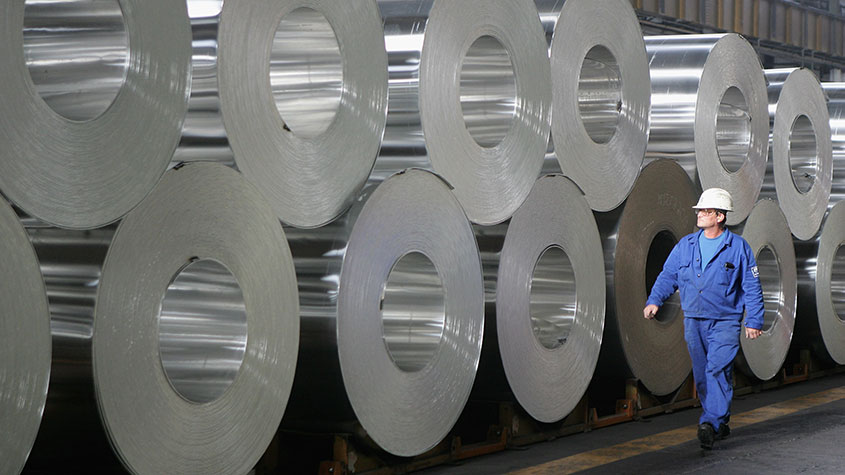 These 2 stocks are set to soar
These 2 stocks are set to soarTips The returns from these two aluminium and tin stocks could be spectacular when the commodity cycle turns says David J Stevenson.
-
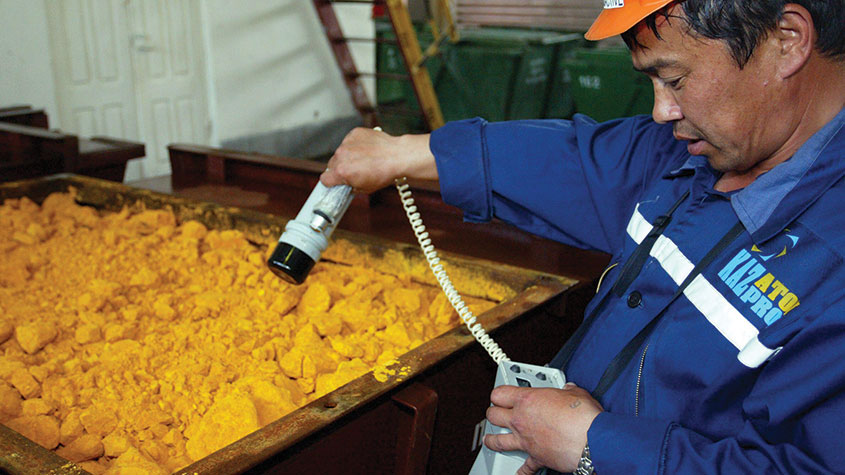 The best ways to buy strategic metals
The best ways to buy strategic metalsTips Weaker prices for strategic metals in the alternative-energy sector are an investment opportunity, says David Stevenson. Here, he picks some of the best ways to buy in.
-
 A lesson for investors from a ill-fated silver mine
A lesson for investors from a ill-fated silver mineAnalysis Mining methods may have changed since the industry’s early days, but the business hasn’t – digging ore from the ground and selling it at a profit. The trouble is, says Dominic Frisby, the scams haven't changed either.
-
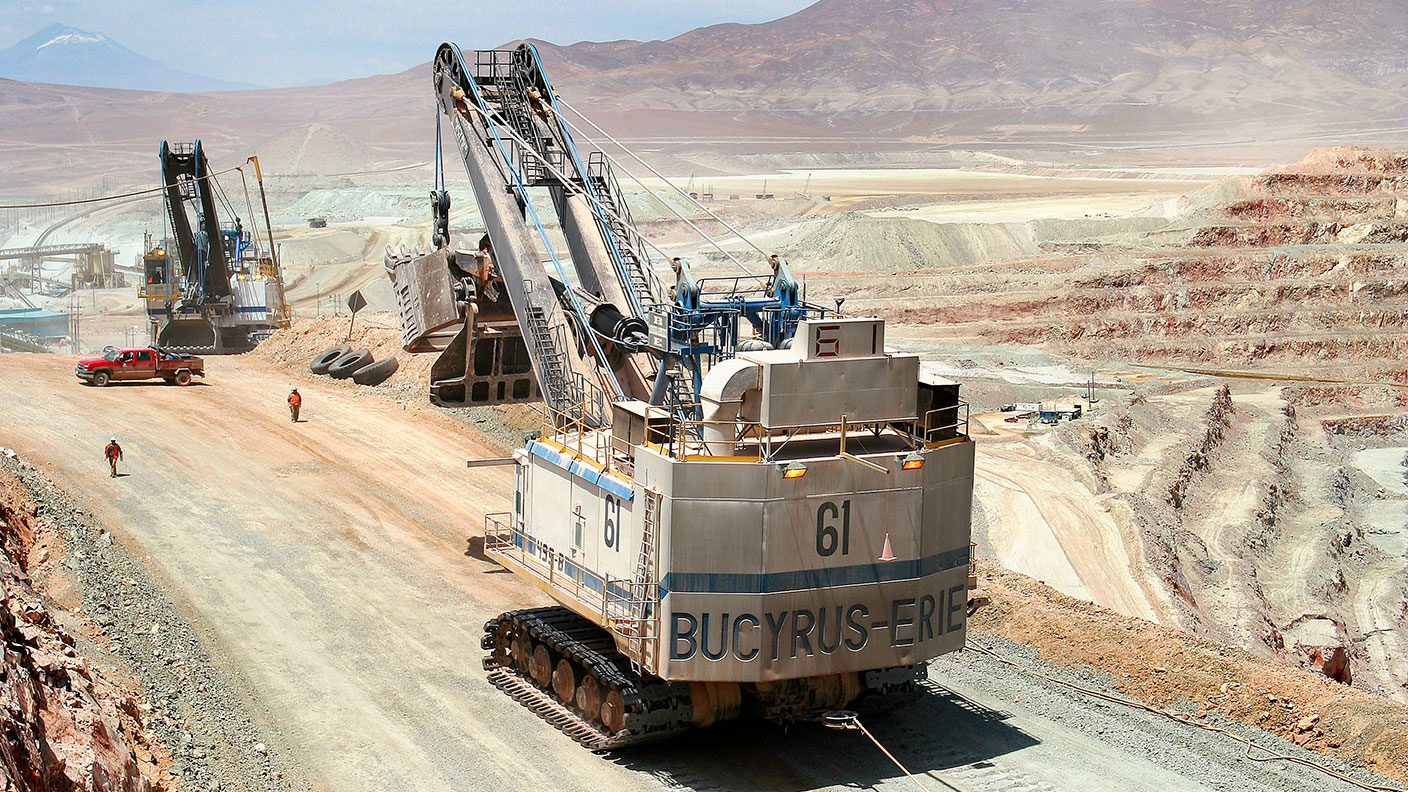 The natural resources industry is in a tight spot – which is bad news for the rest of us
The natural resources industry is in a tight spot – which is bad news for the rest of usOpinion The natural resources industry is in a bind. We need it to produce more energy and metals, but it has been starved of investment, plagued by supply chain issues, and hobbled by red tape. That’s bad news for everyone, says Dominic Frisby.
-
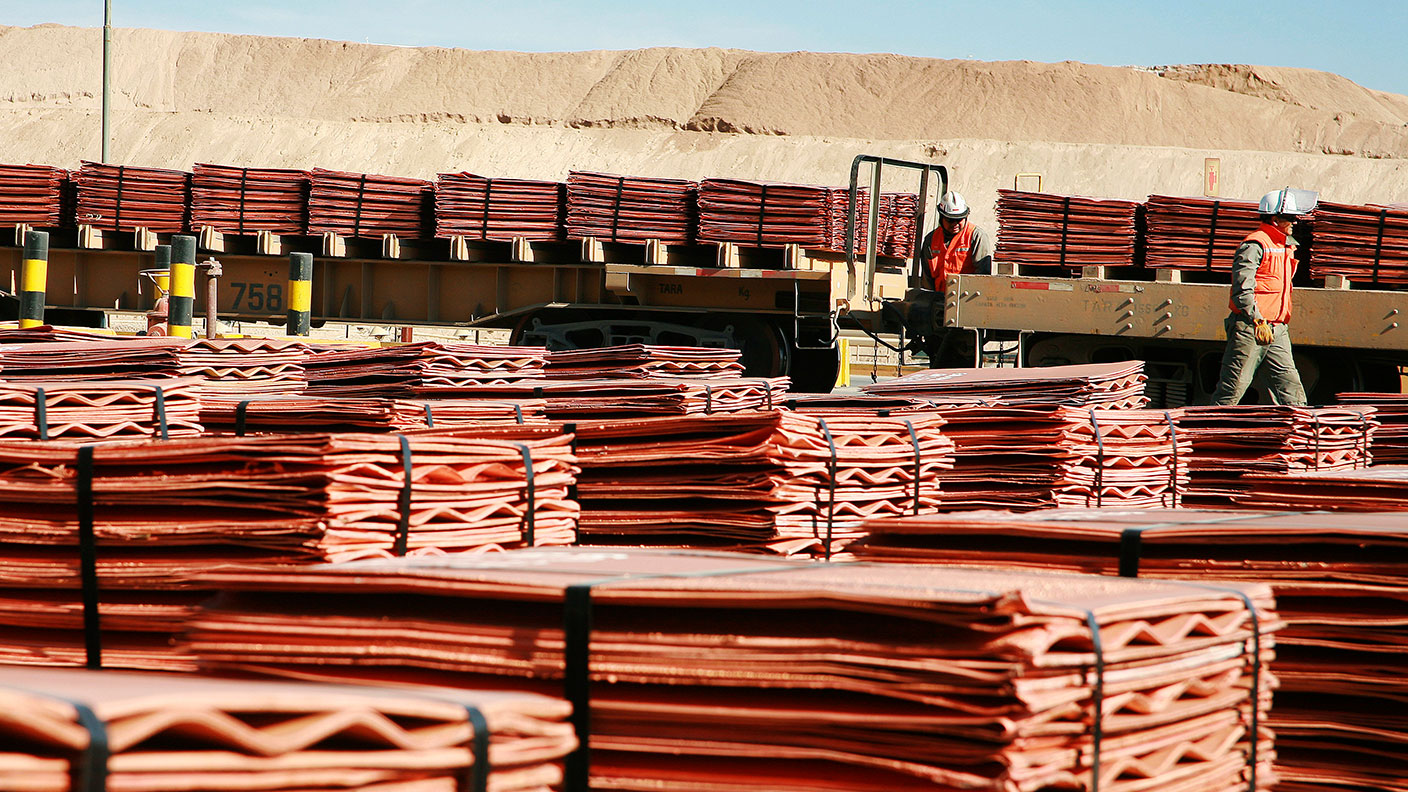 How to invest in the copper boom
How to invest in the copper boomTips The price of copper has slipped recently. But that’s temporary – the long-term outlook is very bullish, says Dominic Frisby. Here, he explains the best ways to invest in copper.
-
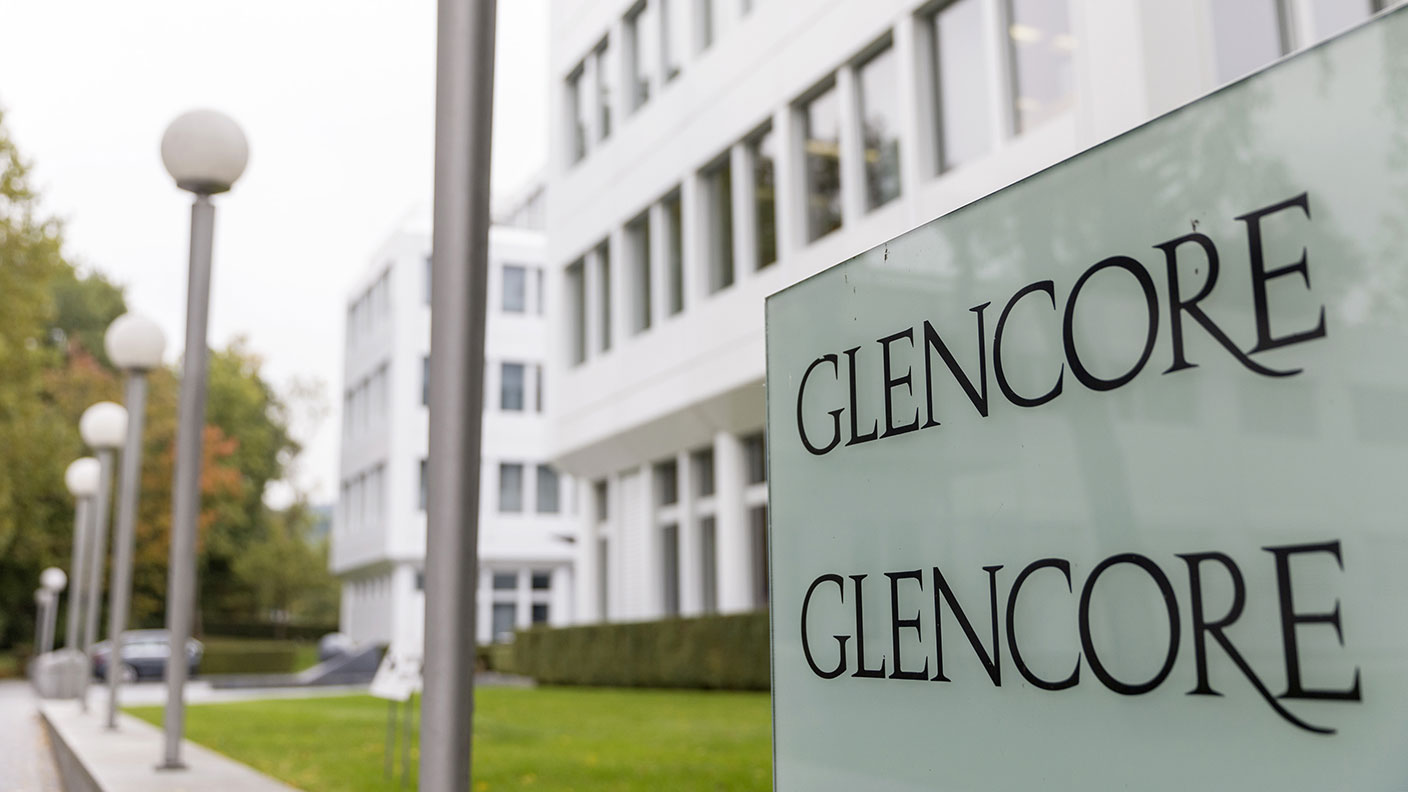 Why investors should consider adding Glencore to their portfolios
Why investors should consider adding Glencore to their portfoliosTips Commodities giant Glencore is well placed to capitalise on rising commodity prices and supply chain disruption, says Rupert Hargreaves. Here’s why you should consider buying Glencore shares.
-
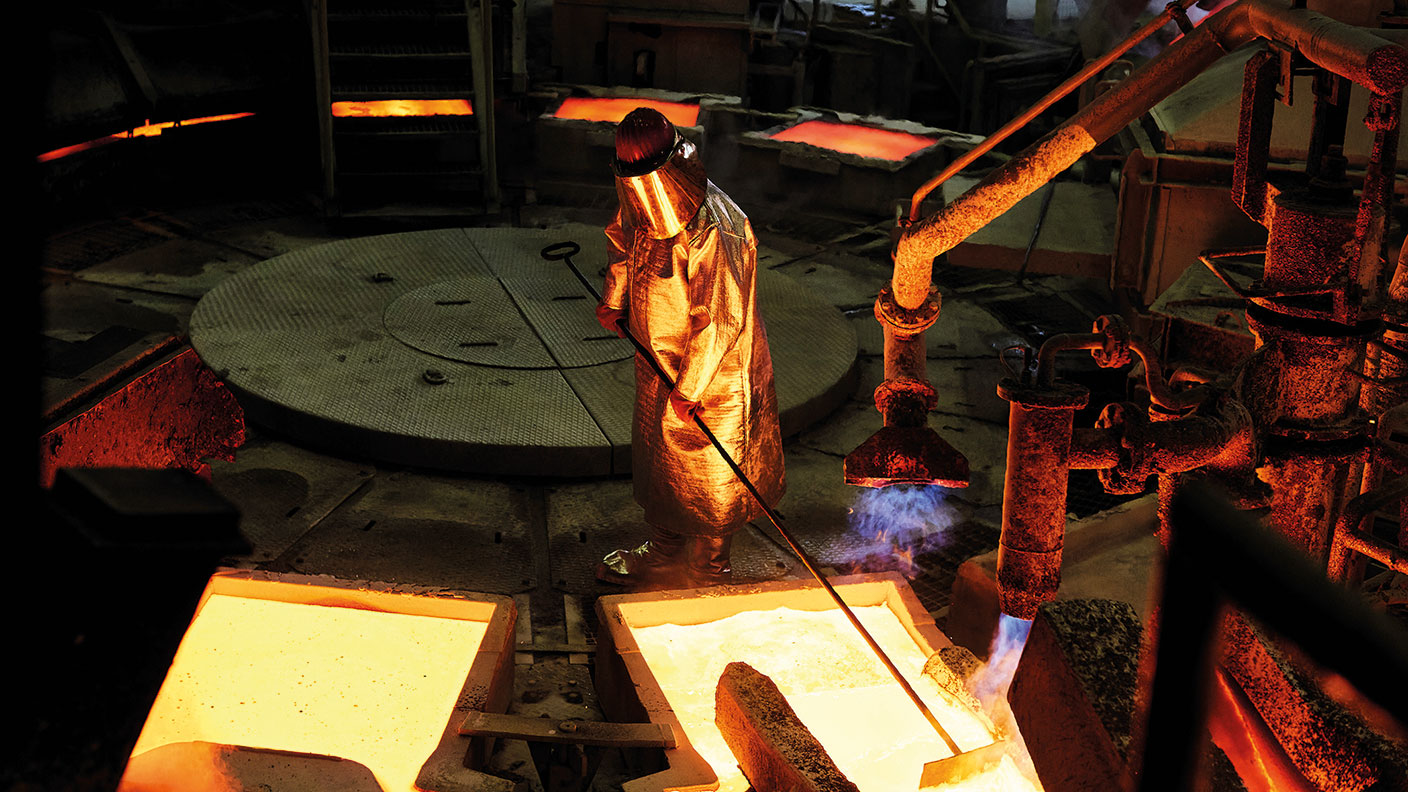 How to invest in the multi-decade boom in industrial metals
How to invest in the multi-decade boom in industrial metalsTips The price of key industrial metals has already begun to rise. The renewable energy transition will take them higher, says David Stevenson. Here's how to profit.
-
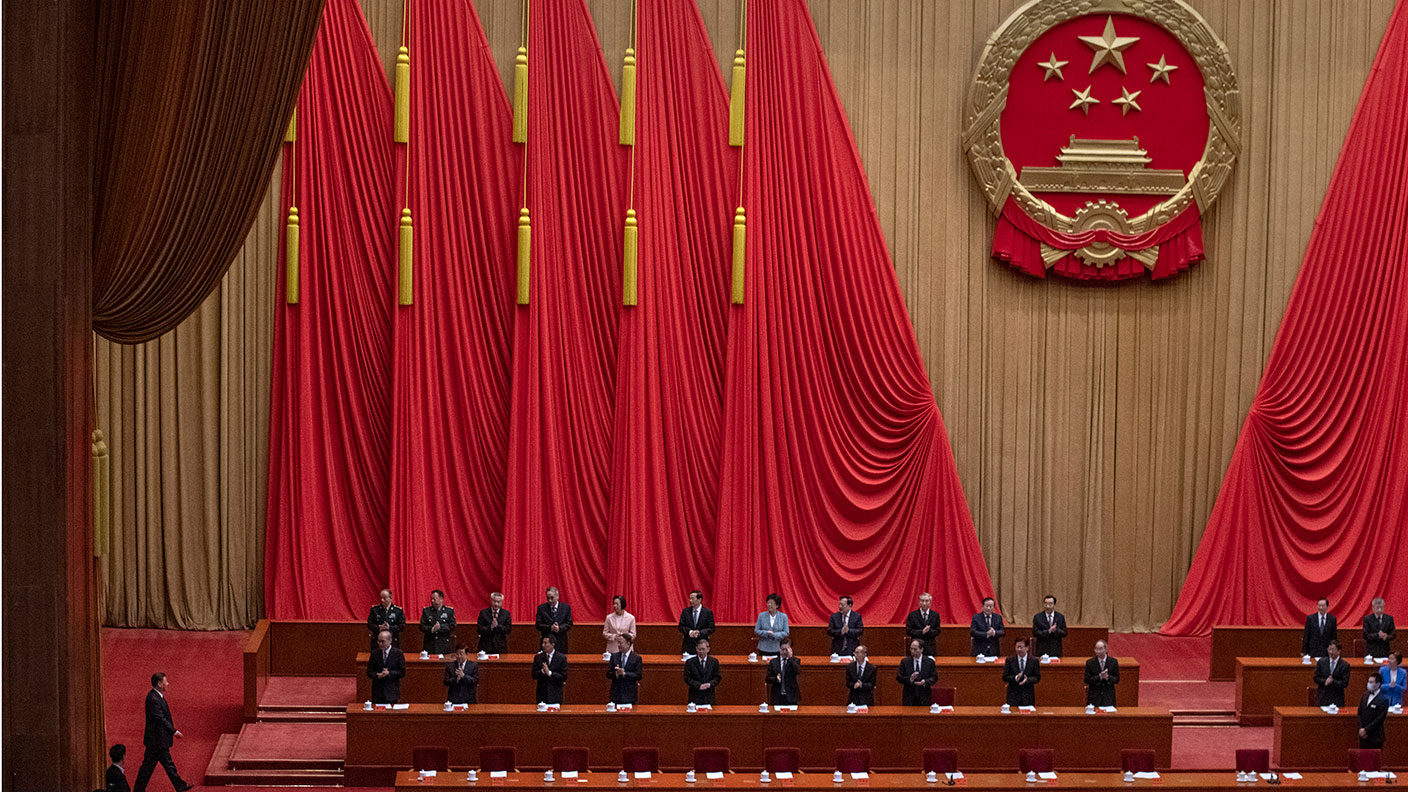 Avoid China’s stockmarket – here’s what to invest in instead
Avoid China’s stockmarket – here’s what to invest in insteadOpinion China’s stockmarket is not a good place for investors to be. But you can't just ignore the world's second-largest economy, says Dominic Frisby. Here, he picks an alternative China play.